The arrest of former Prime Minister Imran Khan is the latest in a power struggle between him and the military that has plunged Pakistan into its worst political crisis since 1971.
Former Pakistani Prime Minister Imran Khan was arrested by police on May 9 on corruption charges, escalating the country's political crisis ahead of national elections later this year.
Pakistani officials have accused Imran Khan of illegally buying land from a business tycoon while he was prime minister, leading to the loss of hundreds of millions of dollars in public funds.
Police and armored vehicles stormed the courthouse in the capital Islamabad to arrest Khan as he arrived for an appearance. The former prime minister has vehemently denied the charges against him, saying they were politically motivated to prevent him from running for re-election.
Immediately after his arrest, he called on people to protest against the government's move and many of the former prime minister's supporters responded by gathering around the residence of the Pakistan Army Corps Commander in Lahore and the army headquarters in Rawalpindi.
Crowds took to the streets, causing unprecedented chaos as they stormed and vandalized the homes of soldiers. They also protested in the capital Islamabad and a series of cities, blocking vehicles, setting fires and clashing with police.
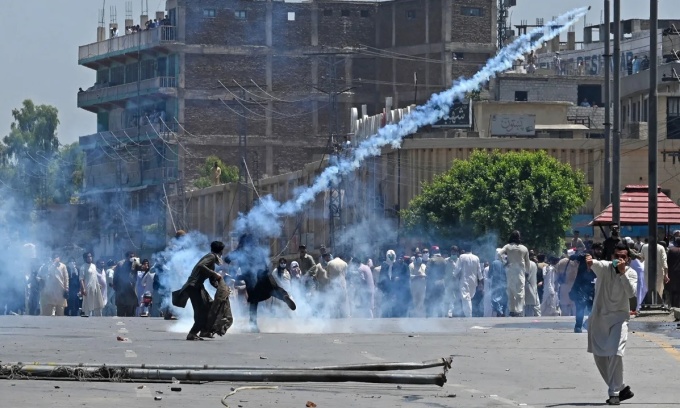
Protesters clash with Pakistani police in Peshawar on May 10, after former Prime Minister Imran Khan was arrested. Photo: AFP
The arrest of former Prime Minister Khan has plunged Pakistan into further turmoil, as the country faces record inflation and teeters on the brink of default. The situation has become even more unstable with a recent surge in terrorist activity.
But the political crisis surrounding former Prime Minister Khan has overshadowed those issues and could lead to further mass protests, experts say, exacerbating an already tense standoff between the country’s powerful military and Khan’s supporters.
“Former Prime Minister Khan has a large, rapidly growing and extremely passionate following, and they have long seen his arrest as a red line,” said Michael Kugelman, director of the South Asia Institute at the Wilson Center in the United States. “The longer he remains in detention, the greater the likelihood of sustained unrest in the cities.”
Imran Khan, the populist leader of Pakistan Tehreek-e-Insaf (PTI), one of the country's largest political parties, came to power in 2018. However, in April 2022, he became Pakistan's first ousted prime minister, when parliament passed a no-confidence vote on the grounds that Khan had failed to fulfill his pledge to root out corruption and pull the country's economy out of the recession caused by the Covid-19 pandemic.
But Khan is also an influential leader, whose popularity has soared since his ouster, fueled by messages that have tapped into public anxiety over corruption and excessive government power. His supporters have been protesting for months, and their anger has only grown as the former prime minister has faced further charges from the government.
“Instead of dealing with economic turmoil and counter-terrorism, Pakistan now has to focus on the political crisis involving the former prime minister,” said Tamanna Salikuddin, a South Asia expert at the US Institute of Peace. “They will be further paralyzed in their efforts to deal with the economic crisis and terrorism because they will not have time to deal with them.”
Mr Khan is currently facing more than 100 government investigations, including financial misconduct, blasphemy and even terrorism. The court has not yet ruled on the former prime minister, but some analysts say that even if he is found guilty, some of the charges could be politically motivated.
“I’m not saying they don’t have evidence to accuse him of corruption,” said Salikuddin, who has studied Pakistani politics for many years. “But in Pakistan, such accusations are not usually made without political motives.”
In the case of former Prime Minister Khan, such investigations may be an attempt to silence Mr Khan, one of the opposition’s most vocal critics. He has said that army soldiers shot and wounded him during a protest last November, a charge Pakistan’s military leadership has repeatedly denied.
The military plays a major role in Pakistani politics, with civilian leaders often trying to win its support and asking for its assistance in matters of national security. Former Prime Minister Khan has also accused the current government of conspiring with the military to oust him.
"The immediate cause of Khan's arrest was corruption charges, but the real reason may have been his confrontation with the civilian and military leadership over the past year," Kugelman said. "The recent events have reinforced Khan's view that he is the victim of a political calculation."
However, during his time in power, Mr. Khan was also at the center of corruption scandals and tended to use extreme measures to maintain power.
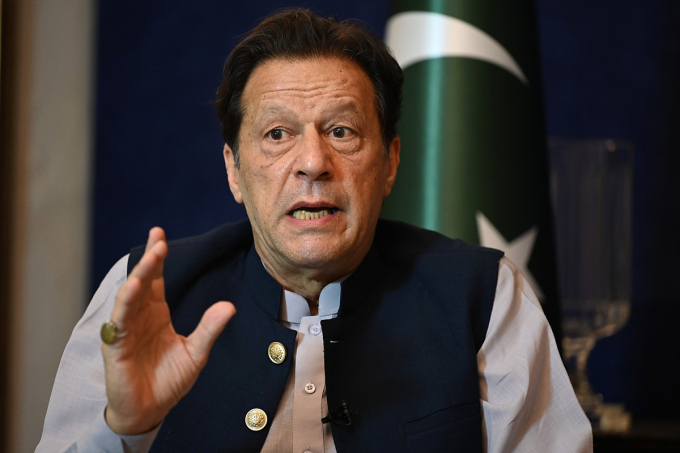
Former Pakistani Prime Minister Imran Khan gives an interview in Lahore on March 15. Photo: AFP
Before he was ousted, he tried to dissolve parliament to avoid a vote of no confidence. According to multiple sources, officials close to the former prime minister Khan were also involved in a massive corruption scheme involving multiple offshore companies and trusts that they used to hide millions of dollars in assets.
Despite being impeached and investigated, Mr Khan could well return to power after elections later this year. However, this scenario depends on whether the current government can disqualify him from running on corruption charges.
The arrest of former Prime Minister Khan is a major escalation in Pakistan's political crisis, and there may be no turning back. Some observers are calling it the country's biggest crisis since 1971, when East Pakistan became Bangladesh.
After decades of military rule in Pakistan, democracy began to consolidate in 2008. But many now fear that the political turmoil over Mr Khan’s arrest could create a pretext for a brutal, undemocratic intervention, such as a military coup.
"The political situation in Pakistan is very difficult to de-escalate," said Madiha Afzal, a foreign policy expert at the Brookings Institution in the US, adding that the arrest of former Prime Minister Khan "is a very dangerous development" that has dashed any hope of political stability in the South Asian country.
The government could use the social unrest as an excuse to delay the general election scheduled for October, Kugelman said. But this could also backfire, potentially worsening the crisis if it faces a more aggressive response from Khan's supporters.
The question now is whether former Prime Minister Khan's supporters will accept the results of the election if he loses or is disqualified from the race.
"They could reject the legitimacy of the election and take to the streets. I think this is a very likely scenario," said expert Salikuddin.
Vu Hoang (According to Al Jazeera )
Source link



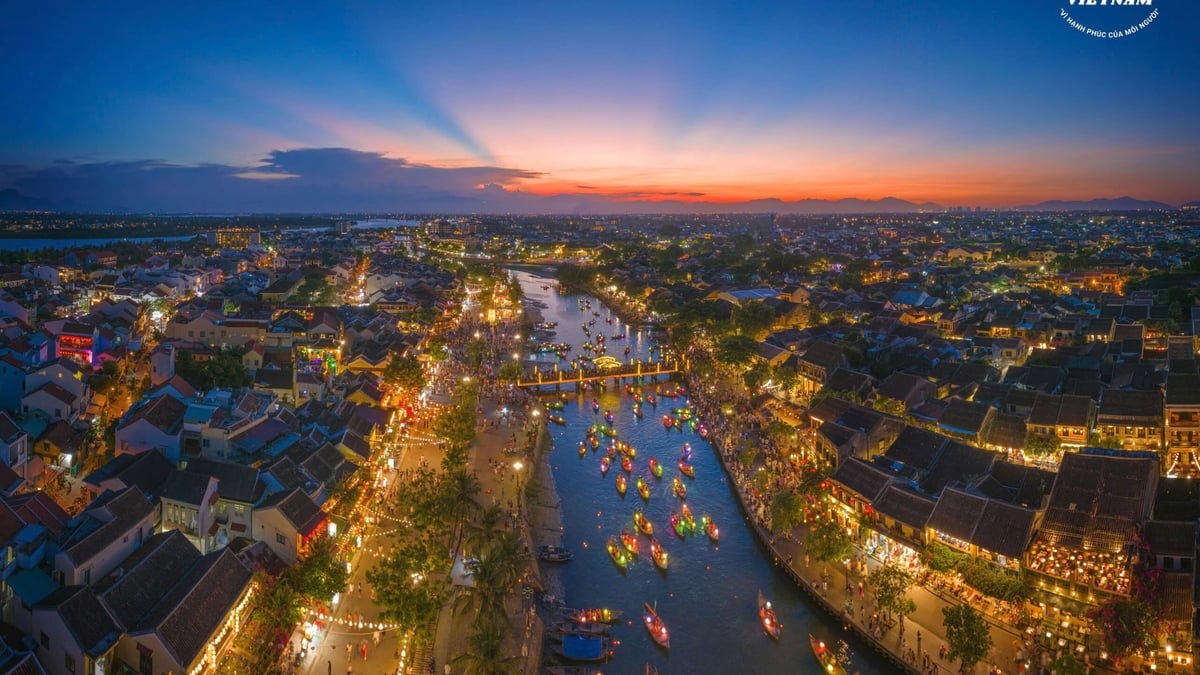
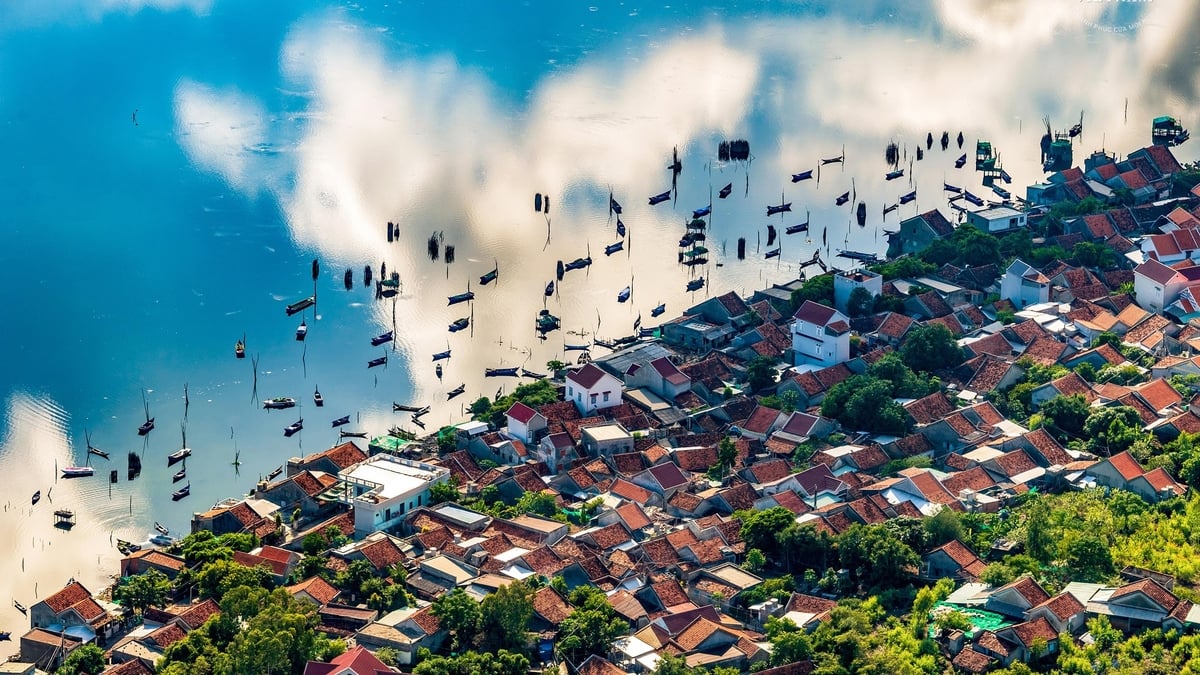


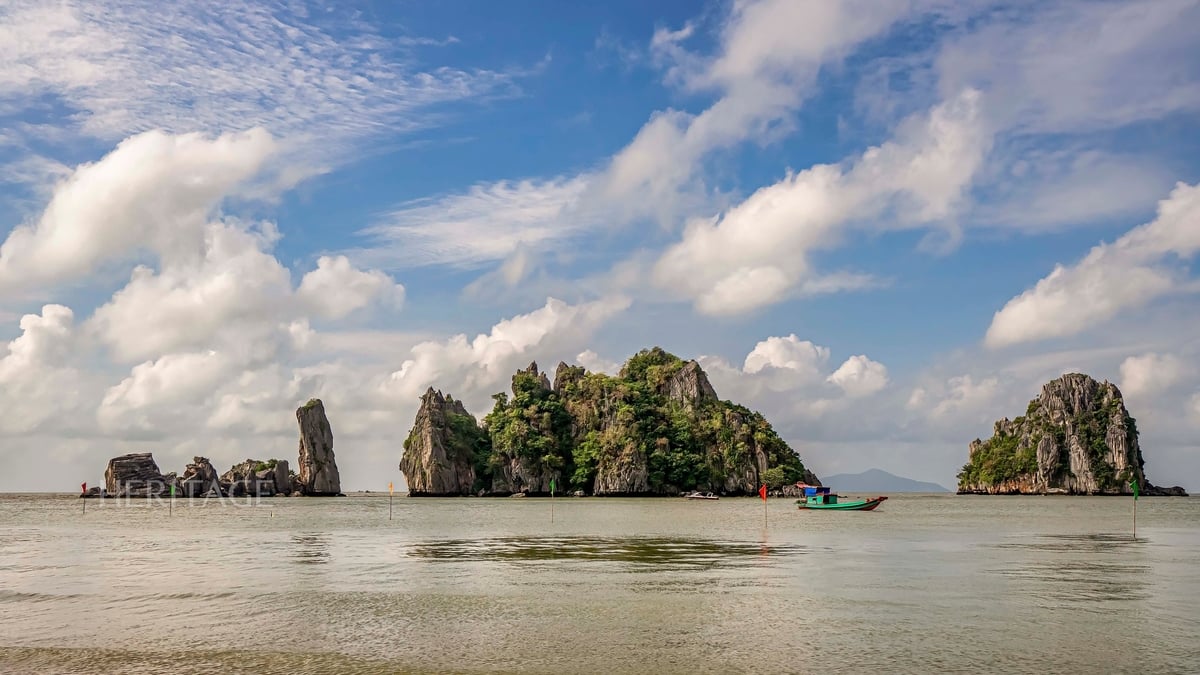
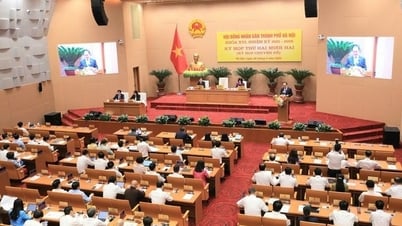



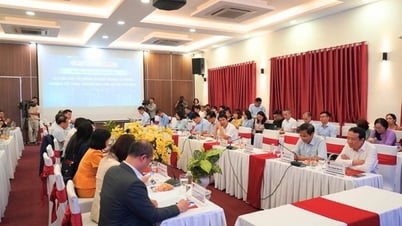
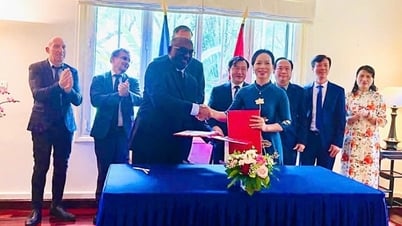















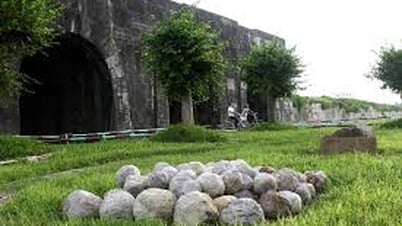

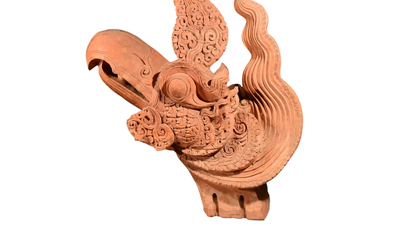



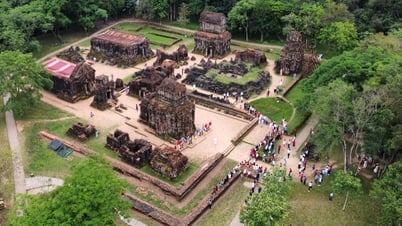






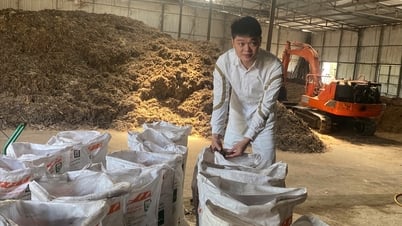















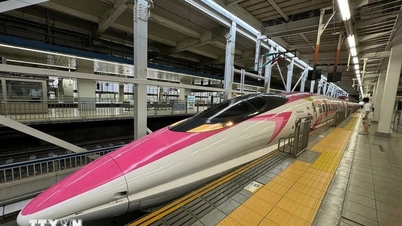


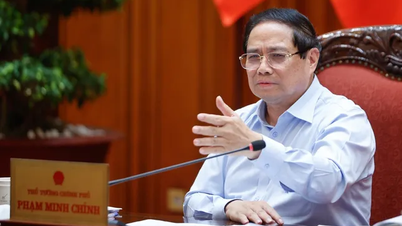

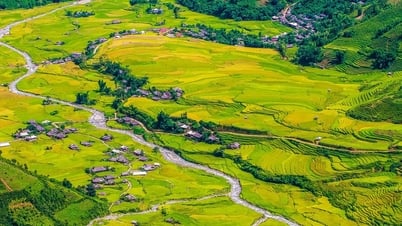


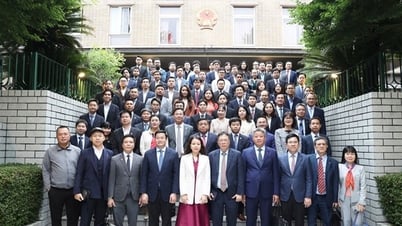

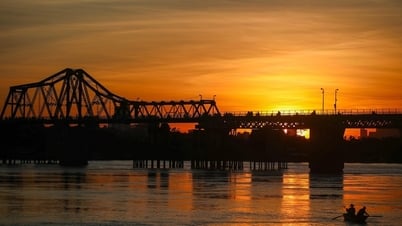

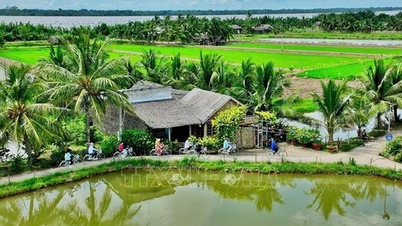

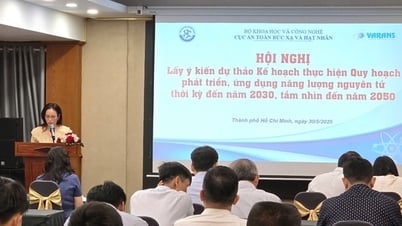



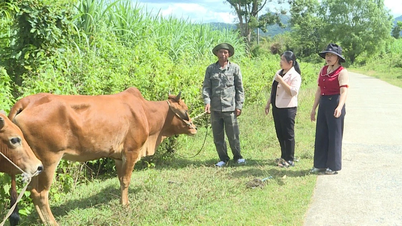






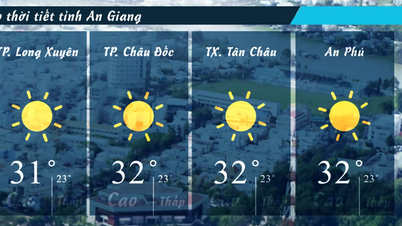











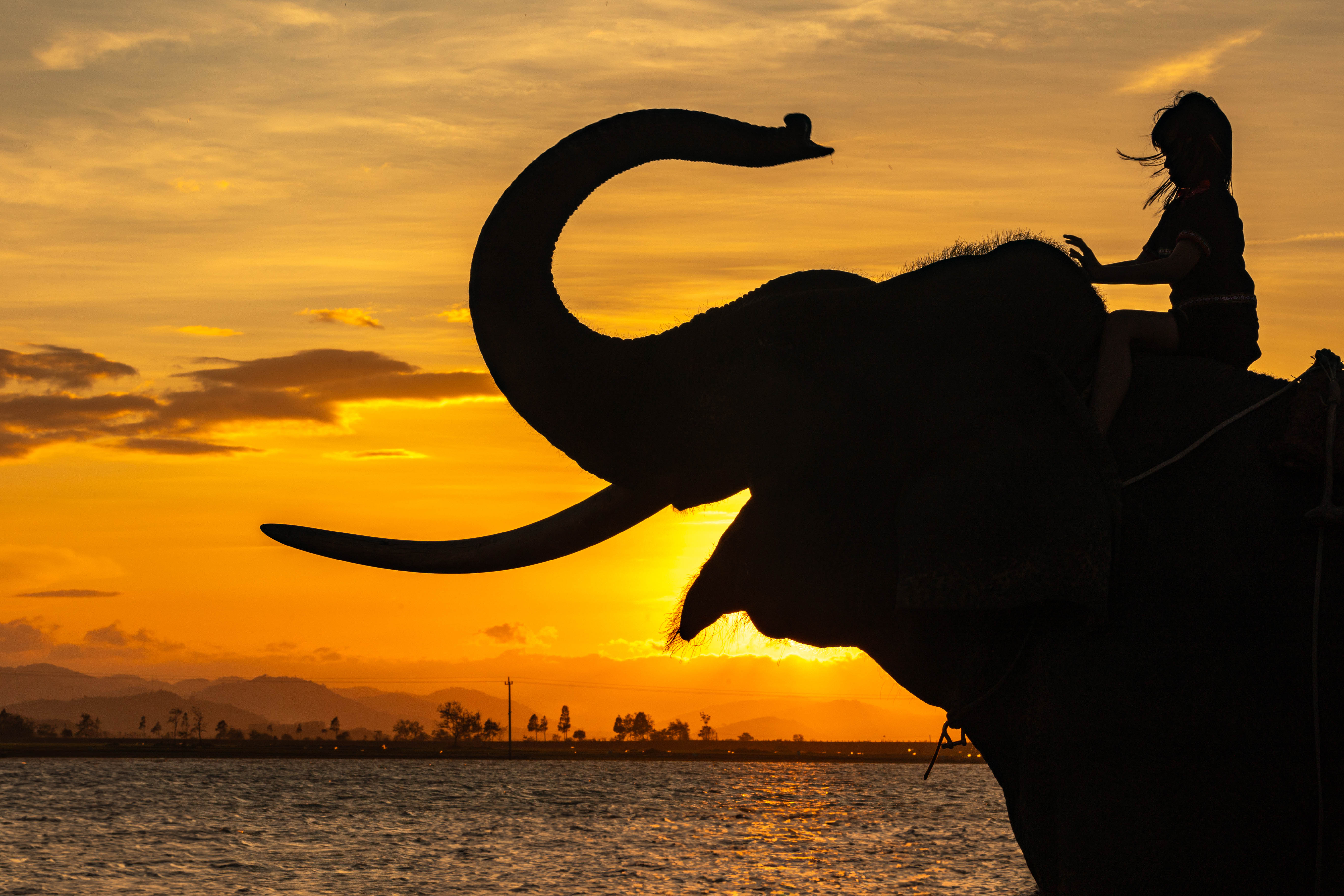



Comment (0)